SECULARISM vs RELIGIOUS CONSERVATISM
In The Beginning . . .
Mustafa Kamal (Ataturk) the Father of Modern Turkey was strictly a secularist, which means that during his day religion and
politics were kept entirely separate, just as they are in most Western nations. We have absolutely no argument with that.
However, Ataturk's zealousness overstepped the bounds of separation and moved into restriction and in some cases
persecution. His actions, actually mirrored to some extent that of Mao Ze Dong, and the Soviet Government. Human rights
were trampled. Which explains the current reaction among conservative Sunni Muslims who are currently moving in the
opposite direction of attempting (many believe) to trample on the rights of the strongly secularist population.
The Founders estimate that the population of Turkey is just about divided in half. We could be wrong. Secularists could
outnumber conservative Muslims. Throughout Turkey huge banners of Ataturk are hung from houses, businesses, across
alleys in Istanbul and even from large corporate type buildings. This is generally understood as making a strong statement
of being in support of secularism. The conservatives are largely found in Eastern and Central Turkey (not in Eastern
Kurdish areas or Kars.) The moderates and secularists are generally found in the Mediterranean, Aegean, Central-West
Anatolia and most large cities. We suspect the black sea area is also largely secularist from what we've learned and their
close proximity to Russia.
WHO IS CHANGING THE RULES?
Changing the rules are:
1.) The four million Syrian refugees generally liberal having come from a secular state, which also includes Syrian
Christians and people still sympathetic to their Bedouin heritage. (Bedouins are much more accepting of others and
open-minded than conservative Turks.)
2.) Large numbers of outsiders from the Gulf and elsewhere are currently buying cheap real estate throughout Turkey.
People from Kuwait and Qatar are quite worldly and well educated and see the world on larger terms (at least those
that can afford to buy homes and condos in Turkey.)
3.) Numerous ethnic and religious minorities who feel they are largely outsiders will help change the deadlock.
Many conservative Turks (certainly not all) have a thread of xenophobia running through them not found in any other Muslim
countries (not even the Saudis) which is primarily due to being sealed off from most of the world. Few Turkish
people speak a second language and the media rarely offers documentaries (except for a few nature shows) on
other cultures including life and culture in Asia, Africa, South America and so on. They really have very little
information to operate on. (The exception seems to be their exposure to Japanese culture and the Turkish people seem to
relish it. Across Turkey the ancient Samurai haircut is seen everywhere on young men.) The most conservative and
possibly the least educated in the Turkish community seem to be uncomfortable even with clothing that reflects any
ethnicity regardless of whether it is Muslim dress that has existed much longer than their own.
This again comes back to Ataturk who tried to wipe out all divisions between people living within the borders of modern
Turkey. He had a great concern that Turkey would fragment into numerous independent countries. This attitude is
responsible for instilling a fear of “otherness” into many rural Turkish minds which has since amalgamated into the most
conservative Islamic agenda in Turkey.
YOUNG MODERN MUSLIMS
It should be noted most emphatically, that the majority of young women throughout Turkey wear secular clothing with their
own unique manner of wearing a hijab. However, many (not all) wear tight jeans and fitted tops which pretty much negates
the traditional purpose of female Islamic dress, which is to prevent enticement to men, molestation or rape. (Remember
Aisha?) However, for the purpose of making the statement that you are Muslim and progressive - especially in
Western nations makes a lot of sense.
Of course, the advantage, aside from making a political statement is that young Turkish women who are quite beautiful and
those that wear a hijab never have a “bad hair day.” This could make a lot of Western women (especially those hosting
television shows) quite jealous. ON the other hand, they have to endure incredibly hot summer days with their head
elaborately covered in several stylish fabrics and pinned coquettishly on the top and to the side. (Although, the pinning
seems tenuous, the hijabs never seem to fall apart. - Something like Indian saris that never come unraveled.)
NOTE: ABOUT MEN'S DRESS:
For men in Turkey to indicate any religious preference in public is frowned upon, (thanks to Ataturk) so it is rare to identify an
Imam in public (unless he is dashing from a mosque to another religious institution) or a madrassa student on the street. In
short, men very rarely wear any sort of kufi (topi in India, cuppa in Oman- Muslim caps) or turbans as is the custom among
Islamic scholars. You will also be unable to identify an Orthodox or Catholic priest unless in a church, even at public
Christian shrines.
THE ULTIMATE HYPOCRISY
The situation for Dervishes (sufis, sidis ) in Turkey is quite contorted to say the least. Since the days of Ataturk, Dervish
ownership of meeting houses and some activities has been theoretically and in some cases “actually” outlawed. Ataturk like
many politicians, was quite fearful of the influence of the spiritual / religious leaders including “Dervish” leaders whom large
numbers of people have often gravitated to when one of them emerges as a saint. He did not believe that Dervishes (sufis,
sidis or even a saint) could resist temporal power, since he and almost everyone else in politics can not. So, during his time
many dargahs (dervish/ sufi shrines) were destroyed and many of the most influential tekkes (the Turkish name for sufi
meeting houses) were seized and turned into museums.
NOTE: ABOUT THE MEVLANA DERVISHES
The utter ludicrousness of the situation can still be seen with the world famous Mevlana Dervishes whose practices of
whirling (among many other practices) are based on the life of the mystic poet and saint Celaleddin Rumi (Jalal Ad Din
Rumi). The Mevlana Dervishes have had just about all their tekkes seized by the government, they are forbidden many
activities and yet the government strongly “encourages” them to perform publicly in Konya where the Rumi “museum”
exists. This publicity is only for the benefit of the tourist industry. The government rakes a handsome profit from all the
Mevlana performances given to tourists. The only reason any tourist goes to Konya is due to Celaleddin Rumi (Jalal
Ad Din Rumi) tekke (museum) and the Dervish performances.
The Inter-Relationship Between Turkish & Worldwide Dervish (Sufi) Orders
The Embrace Founders were extremely lucky to watch a private performance of the Mevlana Dervishes when their Dede
(“Grandfather” - leader) was visiting the Jerrahi Dervish Order tekke in Istanbul (so far, not outlawed) at the same time that
the Embrace Founders were visiting when Sheikh Safir was alive. Seeing a spiritual ceremony in the context of a spiritual
location is the most desirable.
While Ajata and Virginia were in Palmyra Syria having breakfast at a small home cafe shortly before the war, they learned
that their Syrian host knew and adhered to the sufi practices of Sheikh Muzzefer Effendi from the Jerrahi Order in Istanbul.
Throughout the years, Ajata and Virginia have met dervishes (sufis, sidis, Islamic Saints) throughout Asia, the Middle East
and Africa, including Harar, Ethiopia. According to the particular dervish (sufi, sidi) order, the exact same zikrs (dhikrs) are
done around the world, regardless of the language spoken in the individual countries. Of course some Ya Ilahis (songs
composed to the Divine, The Holy Prophet or Ali etc.) are original according to geographic location. Furthermore, in North
Africa and the Middle East a number of Heads of State have been supporters and/or members of dervish orders (sufi, sidi)
and this can be applied to various Grand Muftis and ulama.
There Are No Prejudices In Dervish (Sufi/ Sidi) Orders
The divisions that some politicians and scholars like to apply as to “Sunni” or “Shi'ah” orders and this seems to be the case
in Turkey, are totally inapplicable. Certain orders have been far more discriminated against than others by the government in
Turkey. The entire point of following a Dervish (sufi/ sidi) tradition is to rid oneself of prejudices that separate you from the
all-Embracing Divine. To teach discrimination or to even allow it in a dervish order is contrary to all dervish (sufi/ sidi)
traditions.
Dervishes (sufis, sidis) do not make any distinctions between Sunni and Shi'ah. Orders may exist in countries or areas that
are primarily composed of one sect or the other but it has no bearing on the order itself.
While reading of the progression between states of sobriety and intoxication - states of closeness to the Divine, as taught
by Haci Bektis Veli, the Embrace Founders were surprised to see it was the exact same description included in the
teachings of the Chistiyya Order of the Indian sub-continent, as well as, that of the Jerrahi Order of Turkey and it would not
surprise either of them to discover that this Bektasi Order description has been incorporated into orders even further afield.
The sharing of concepts and practices among the dervish (sufi/ sidi) knows no boundaries.
Note on the Above:
It should be noted, that some individuals becoming new members of a Dervish (Sufi /Sidi) order or just admirers coming to visit
a Dervish Sheikh, may not know what the Sheikh (Murshid or Pir) of the order teaches.
Dervishes are generally taught individually according to their maturity and level of understanding.
The political environment a Sheikh (Murshid or Pir) lives in influences to some degree what they can say publicly.
In short some people living near dervish orders but not members of a dervish (or sufi) order or new undisciplined mureeds
(students) may project their own prejudices and beliefs upon Dervish Sheikhs (Murshids, Pirs) and express their limited
understanding to others.
What is Positive In Turkey?
1.) Turkey is kind and generous to refugees. New foundations have been formed to raise money for Syrian refugees
and they can be seen raising money in malls, such as the one in Malatya.
2.) It is exceptionally clean, cleaner than many European countries.
3.) It respects agriculture. It's land is very fertile and to preserve it, new cities are springing up throughout the East and
Central regions that are all built upward rather than spread out to preserve agricultural land.
4.) Turkey really seems to utilize urban planning for new cities, which are designed logically and practically, and are
aesthetically pleasing if not always imaginative. They are clean, healthy places for Turkish people to live and thrive.
5.) The country is beautiful. Not only the obvious beach areas, but also the Eastern and Central-Eastern areas. The
landscape is undeveloped and varied and often dramatic.
6.) Fascinating, ancient archaeological ruins of remarkable early civilizations are everywhere.
7.) For Christians this is the main destination the apostles traveled to after the death of Christ. There are many
Christian shrines and cave churches from the earliest years of Christianity.
8.) Obviously, some of the grandest mosques in the world were built by the Ottomans and they are magnificent. They
literally take your breath away.
Idiosyncrasies
Turkey gets hot in the summer and few places including stores and restaurants have air conditioning. Despite this, and
despite the cheapness of stand alone fans and air coolers (evaporative coolers- used often in India among people with little
money) Turkish people simply do not use them. Not even the cheapest portable fan is found in most restaurants.
(NOTE! For enterprising Indians, Asians - this is your chance! Go to Turkey show them what a simple air cooler can do
and sell it to them. They will feel a lot more comfortable and so will their customers for very little money.)
The Re-creation of Spiritual Places
Just as some Christians, (Catholics in particular) recreate the Via Delorosa, the journey of Jesus to Golgotha to enable the
devoted to walk his experience through the stations of the cross, Muslims too, have for centuries recreated stories from the
Qu'ran. This is so that believers will have a place of hope and respite from the sorrows of life. Some dervish (sufi/ sidi)
saints, in the past have even suggested that poor people who can not afford to go to Mecca for Haj, draw a circle in the
sand and recreate the Kaaba in their mind. Then they have been told to reenact the entire Haj around that space, just as if
they had made the pilgrimage.
The point of such recreations is one of inspiring faith, hope and creating places of refuge. Whether the “caves” of Ibrahim
Abraham or Ayyoub Job (both are in the Qu'ran) in Turkey are literally places where these men stayed, we can not say, but
it really isn't relevant. It is of little surprise that currently, many refugees go to these places to unburden their hearts. The
grief and sorrow one witnesses can be heart-rending.
OK What Is the Lowdown for A Tourist . . . .
Let's start off, by saying that most Westerners, unless they are doing secular or UN. relief work for Syrian refugees or going
to a confined space at an Aegean or Mediterranean Resort or have some special connection or project with Turkey would
probably be better off not going to Turkey at present.
The people in Turkey in general, (not all of them, of course) are not in good humor with regard especially to Americans and
pretty much all Westerners. (This is an understatement.) There is no point in Americans or Westerners, antagonizing the
situation. Yes, Turkish people pretty much blame all Americans and all citizens of Western nations for the horrors their
governments have initiated and perpetuated in the Middle East and the recent attempts at overthrowing their government.
Generally, Turkish people only speak Turkish so for those who do not speak Turkish it is a fruitless effort to try to convince
them you have nothing whatsoever to do with your governments' (intelligence agency's - “unintelligent” agency's) actions
and moreover you have never agreed in the last15 years with your government's foreign policy.
The recent attempt by the CIA and American military to interfere in Turkey's political affairs and install a 77 year old
conservative religious Muslim leader as Head of State has won no points with Turkish secularists and if continued will be
another “Bay of Pigs,” a failure and a resounding embarrassment.
The Turkish people will definitely resolve their differences given time, without interference from the CIA, the U.S. Military or
the Mossad. Most likely it will develop in stages, bloodlessly.
The Turkish people, like all people around the world, deserve to struggle for their own self-determination without
being bombed, starved or having to deal with any unscrupulous outside interference.
Traveling in Turkey 2018
Embrace Foundation is a non-profit,
educational foundation set up to create
better understanding between people of
different religions, cultures, traditions and
world philosophies.
Embrace Foundation works to bring leaders
and scholars of world-wide religions,
cultures and philosophies together by
sponsoring forums, seminars, lectures and
developing an international exchange
program. Embrace Foundation is particularly
concerned with reaching the world public
through the media.
Purpose
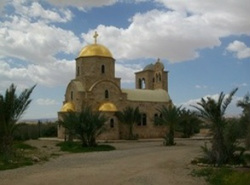
Donations
Embrace Foundation is an all volunteer
organization. All donations go directly to
programs.
Embrace Foundation does not and has
never given permission to any outside
organization to solicit or receive
contributions on our behalf.
All donations should be made to Embrace
Foundation only via Paypal or by mail. All
donations are tax deductible. A receipt will
be emailed to you. Please click on the Pay
Pal link below to Donate.
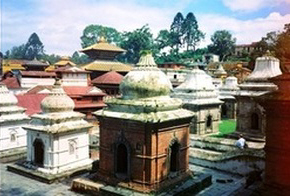
Travel As An Interfaith Act
Embrace encourages all who can do so, to
learn about other traditions and cultures by
traveling as “Grassroots Diplomats.” We
hope that people every where become life
long students of our world-wide humanity.
“ In every man there is something wherein I
may learn of him, and in that I am his pupil.”
R.W.Emerson
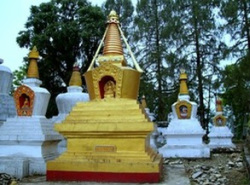

Embrace Humanity
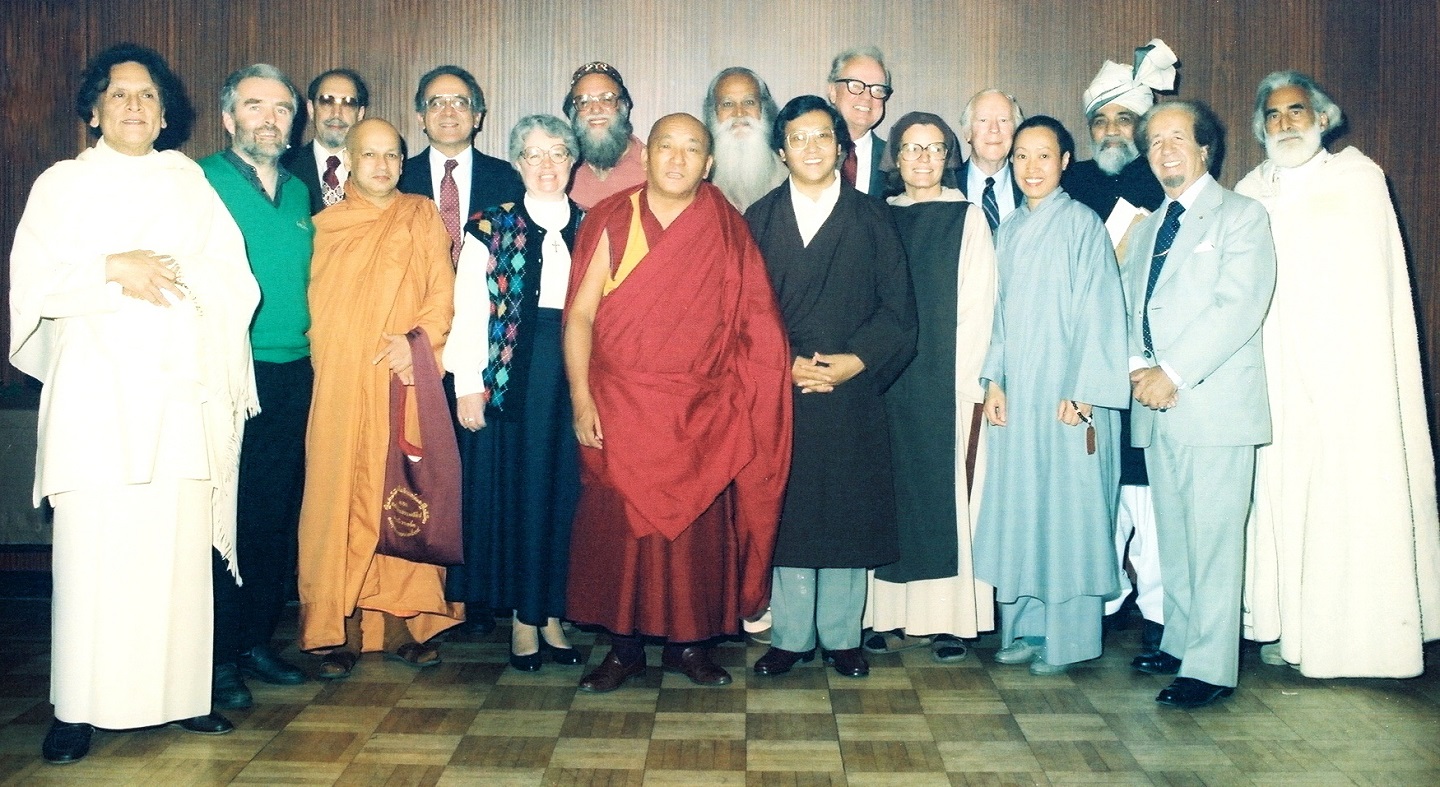
Great Visions - TV
Guests are: Swami Satchidananda &
the Rt. Reverend Dean Parks Morton
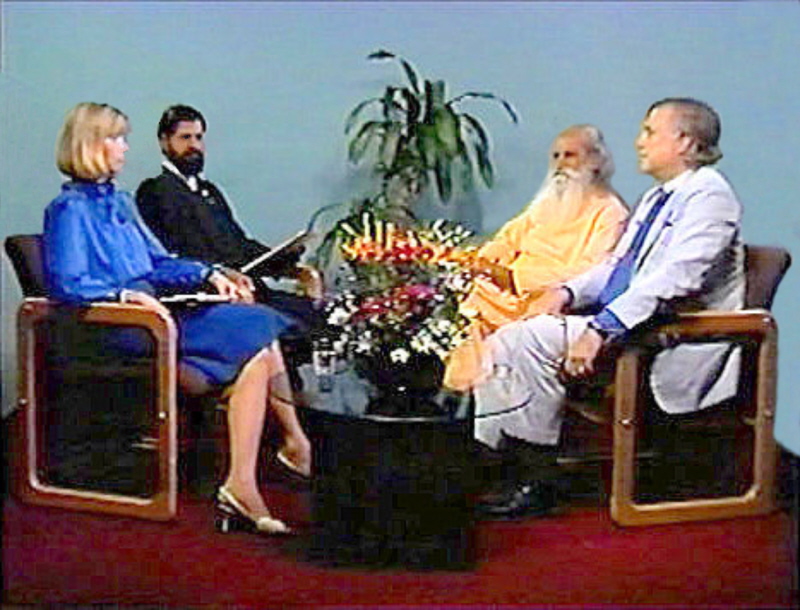
Embrace Archives
Limited Editions Gallery
Umrah - Jordan
Embrace Sacred Places
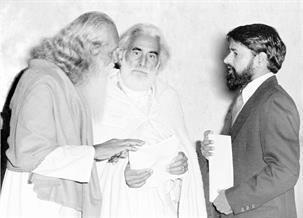
Monastery of Bahira - Syria
Embrace Foundation Universal
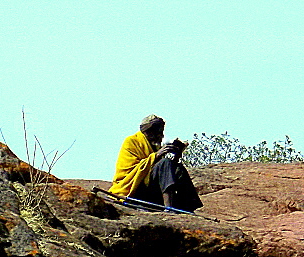
Monk Reading - Ethiopia
Thank you for making a donation.
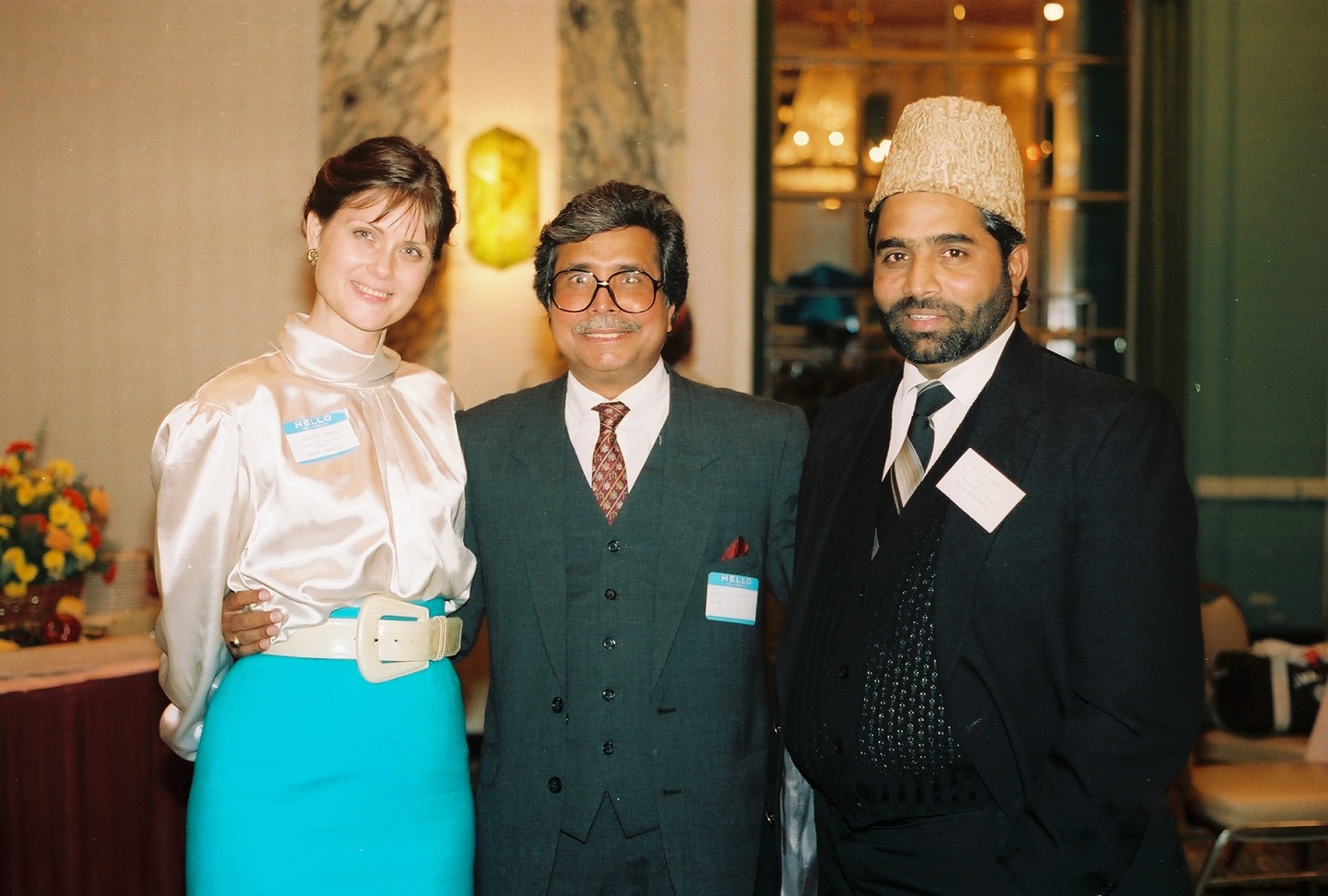
Virginia (Embrace), Dr.Anwar Barkat (World Council of Churches, UN) & Imam I.H. Kauser
Embrace Archives
- Great Visions TV
- Inspirations
- Media
- Possibilities
- Astrophysics, Quantum Physics & The Nature of Reality
- Deconstructing Nuclear Fission & Nuclear Waste
- Defense Industry as Community Builders
- Defense Industry As Energy Providers
- Global Water Shortages
- Innovative Technology
- Intelligent Communities & Development
- Pentagon & Non-Western Nations
- Recreating
- Resource Based Population
- Sharing Community Resources
- Protecting Human Rights
- Spiritual Ecology
- Syria
- Write to Us


Embrace Foundation Retreat Center
Embrace.Foundation (skype messaging) - 011+1+212.675.4500 (New York)
Click to Email Us

